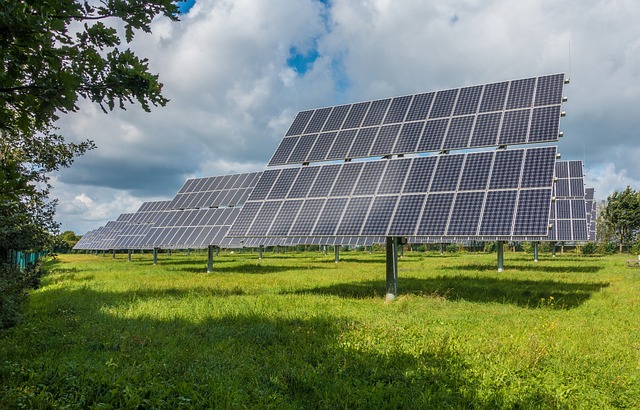
As the world continues to shift towards renewable energy sources, solar power has emerged as a popular choice for residential homeowners. With its numerous benefits, including reduced electricity bills and a smaller carbon footprint, it’s no wonder that more people are considering installing solar panels in their homes. However, one crucial factor that often comes into play is the cost. Discover average cost of solar panels in Texas for residential installations below, taking into account various factors that can influence the overall expense.
Contents
Understanding Solar Panel Costs
Cost per Watt
The cost of solar panels is typically measured in dollars per watt ($/W). This metric allows for an easy comparison between different systems. The average cost per watt can vary based on several factors, including the type and efficiency of the panels, as well as the brand and installation complexity. As of 2021, the average cost per watt for residential solar installations in the United States ranged from $2.50 to $3.50.
System Size
The size of the solar panel system you choose directly impacts the overall cost. Solar panel systems are measured in kilowatts (kW) and can range from small residential installations of around 3 kW to larger systems exceeding 10 kW. The larger the system, the higher the upfront cost. However, larger systems also offer greater energy production potential, leading to more significant long-term savings on your electricity bills.
Installation Factors
Installation costs can vary based on your location, the complexity of the installation, and the condition of your roof. Some homes may require additional work, such as reinforcing the roof or upgrading the electrical system, which can increase the overall cost. Additionally, labor costs can differ from one region to another, contributing to variations in the total installation expenses.
Incentives and Rebates
One important aspect to consider when evaluating solar panel costs is the availability of incentives and rebates. Many governments and local authorities offer financial incentives to promote the adoption of renewable energy. These incentives can significantly reduce the upfront costs of installing solar panels. Examples include federal tax credits, state rebates, and net metering programs that allow you to sell excess energy back to the grid. Be sure to research and take advantage of any available incentives in your area to help offset the overall cost.
Average Cost of Solar Panels
Considering the factors mentioned above, let’s explore the average cost of solar panels for residential installations.
Small Residential System (3-5 kW)
A small residential solar panel system, ranging from 3 to 5 kW, can cost between $9,000 and $17,500 before any applicable incentives. This size system is suitable for smaller homes with lower energy demands. With this capacity, homeowners can expect to save approximately 50% to 75% on their electricity bills.
Medium Residential System (5-7 kW)
For medium-sized homes with moderate energy consumption, a solar panel system ranging from 5 to 7 kW is recommended. The average cost of installation for this size system is around $14,000 to $24,500. With such a system, homeowners can offset their electricity bills by approximately 70% to 85%.
You may like to read,
The Benefits of Hiring a Skilled Plumber for Your Home or Business
4 Areas of Your Business You Need to Work on Managing
Large Residential System (7-10 kW)
Larger homes or households with higher energy needs may require a solar panel system ranging from 7 to 10 kW. The average cost for installation in this category can range from $21,000 to $35,000. A system of this size can potentially offset 80% to 100% of the electricity bills, resulting in substantial long-term savings.
The cost of solar panels for residential installations varies depending on several factors, including the cost per watt, system size, installation factors, and incentives and rebates. It’s important to note that these figures are averages and can vary depending on the specific circumstances of each installation.
As the demand for solar energy continues to grow and technology advances, the cost of solar panels is expected to decrease further. Additionally, the long-term savings on electricity bills and the environmental benefits of solar power make it a worthwhile investment for many homeowners.
When considering the cost of solar panels, it’s essential to evaluate the financial returns over the system’s lifespan. With the right system size, proper installation, and available incentives, solar panels can provide significant energy savings and a positive return on investment. It’s advisable to consult with solar experts or professionals in your area to assess the feasibility and potential cost savings of solar panel installation for your specific home.
While the average cost of solar panels for residential installations can vary depending on various factors, the benefits they offer in terms of reduced energy costs, environmental impact, and potential long-term savings make them a compelling option for homeowners looking to embrace renewable energy and contribute to a sustainable future.
